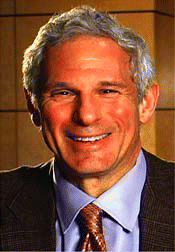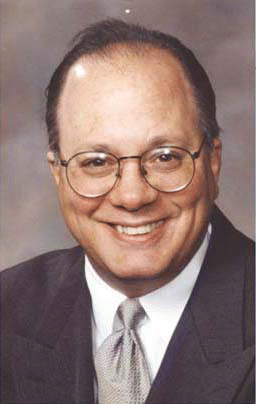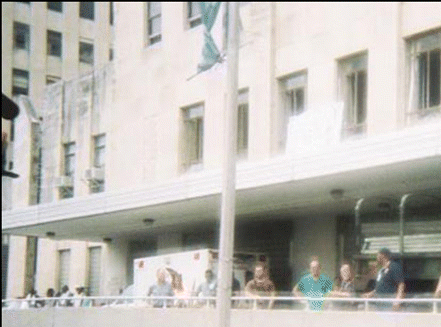The shooting of a doctor and two patients at Johns Hopkins Hospital in Baltimore in September sent a shudder of fear through all physicians, but for those who knew the late otolaryngologist John Kemink, MD, it was particularly saddening.
Adverse Event Aftermath: Departments are creating programs to help physicians cope
When Rahul Shah, MD, then a pediatric otolaryngologist at Children’s Hospital in Boston, and several colleagues first undertook a survey of otolaryngologists’ reactions to adverse events in 2004, they provided a blank form for respondents to write about what had happened. In the more than 200 responses they received, Dr. Shah and his colleagues read an outpouring of emotion.

Lawyers Tell Physicians How to Protect Themselves from the Pitfalls of Employment
More often than not, today’s medical offices are businesses employing numerous staff people, as well as other physicians.

AMA’s Opt-Out Provision for Sale of Physician Prescribing Data Seen as First Step
Otolaryngologists agree with their fellow physicians who prescribe drugs-pharmaceutical companies have no business buying or using information on how and when they prescribe particular drugs, nor do they want to be confronted by pharmaceutical company representatives in their office about why they do or don’t prescribe that company’s products.

Louisiana Otolaryngologists Use Ingenuity and Community Spirit to Get Back to Business after Katrina
In late August of 2005, many of us watched from the relative safety of our homes and offices as Hurricane Katrina wrought havoc and devastation all along the Gulf coast.